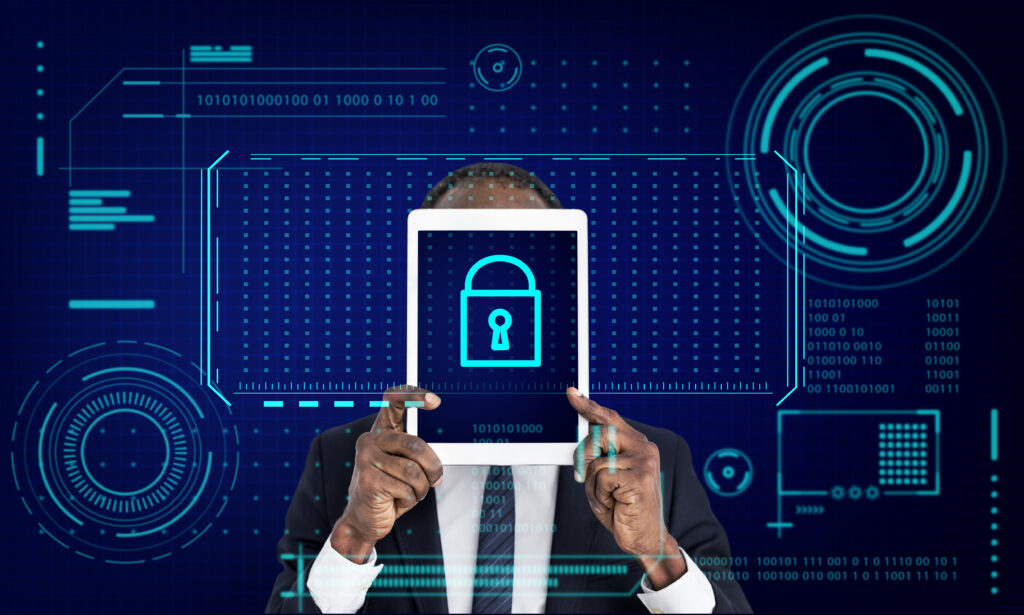Container Security Service
Best Cyber Security
Container Security Service

What is Container Security?
Container security refers to the process of implementing security measures to protect containerized applications from potential threats throughout their lifecycle. Containers are lightweight, portable, and scalable, making them an integral part of modern software development. However, their dynamic nature presents unique security challenges, requiring specialized solutions to ensure they remain secure from vulnerabilities, unauthorized access, and cyber threats.
Why is Container Security Crucial Across the Software Development Lifecycle?
- Protection of sensitive data from breaches and leaks.
- Compliance with regulatory and industry security standards.
- Prevention of vulnerabilities from being introduced into production.
- Continuous monitoring and threat detection.
- Secure integration with CI/CD pipelines to maintain seamless development and deployment.
Key Components of Container Architecture to Secure
-
1. Container Images Ensuring container images are free from vulnerabilities by scanning and signing them before use.
-
2. Container Runtime Monitoring running containers for suspicious activities and unauthorized access.
-
3. Orchestration Platforms (Kubernetes) Securing Kubernetes clusters with proper access control, network policies, and authentication mechanisms.
-
4. Container Registry Protecting container registries from malicious injections by enforcing image validation and integrity checks.
-
5. Host Operating System Hardening the host OS to prevent exploitation through misconfigurations or unpatched vulnerabilities.
-
6. Networking & APIs Implementing network segmentation, API security, and encryption to prevent unauthorized communications.
Container Security Challenges
Keeping container images updated and free from known security flaws.
Insecure configurations can expose containers to cyber threats.
Attacks such as privilege escalation, lateral movement, and resource abuse can compromise containerized environments.
Adhering to industry standards and regulations while managing security at scale.
How CyberQuint Solves These Challenges

Automated Vulnerability Scanning
Identifying and mitigating risks before deployment.

Runtime Protection
Continuous monitoring and threat detection for real-time security.

Compliance Enforcement
Ensuring adherence to industry regulations such as NIST, CIS, and GDPR.

Secure DevOps Practices
Integrating security seamlessly into CI/CD pipelines.

Zero Trust Security Model
Implementing least privilege access and micro-segmentation for enhanced protection.
Why Choose CyberQuint?
Expertise in Advanced Security Solutions
Our team specializes in the latest container security technologies.
Customizable Security Strategies
Tailored solutions to fit your business needs.
Proactive Threat Intelligence
Leveraging AI-driven analytics for real-time risk assessment.
24/7 Security Monitoring & Support
Ensuring continuous protection and rapid response to threats.
Strengthen Your Cyber Resilience
Cyber threats are evolving every day don’t leave your business vulnerable. Our expert cybersecurity consultants are here to assess your risks, enhance your security posture, and implement robust resilience strategies tailored to your needs.
Frequently Asked Questions
Container security is essential to protect your applications and infrastructure from vulnerabilities, unauthorized access, and cyber threats. It ensures compliance with security standards and safeguards sensitive data.
CyberQuint offers a comprehensive security solution, including vulnerability scanning, runtime protection, compliance enforcement, and secure DevOps integration to keep your containers safe throughout their lifecycle.
Some major risks include misconfigurations, vulnerable container images, runtime threats, and unauthorized access. A proper security strategy helps mitigate these risks effectively.
Securing Kubernetes involves implementing role-based access control (RBAC), enabling network policies, monitoring runtime behaviors, and using encrypted secrets management.
CI/CD security ensures that security practices are integrated into the development and deployment pipeline, preventing vulnerabilities from entering production and automating threat detection.
Yes, our solutions are designed to secure containers across multi-cloud and hybrid environments, ensuring consistent protection regardless of your infrastructure setup.
It is recommended to scan container images continuously, especially before deployment and after updates, to ensure that no new vulnerabilities are introduced.
Best practices include using minimal base images, scanning images regularly, enforcing least privilege access, enabling logging and monitoring, and securing APIs and networks.
We use AI-driven threat intelligence to analyze attack patterns, detect anomalies in real time, and proactively mitigate security risks before they impact your infrastructure.
Simply reach out to us through our Contact Us page, and our experts will assess your security needs and provide a tailored solution for your business.
Contact Us
- +918951848171
- Info@cyberquint.com
- #611, Devagiri Emaralds, Uttarahalli, Bangalore 560085 Karnataka India
Services
- Cybersecurity Resilience
- Container Security
- API Security
- Managed Security
- DSPM
